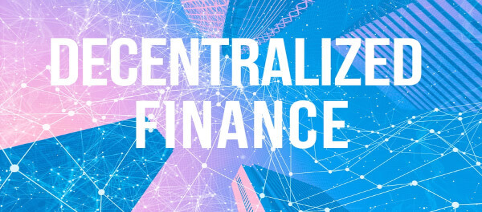The previous article mentioned that DeFi is centralized finance. Compared with traditional centralized financial systems, DeFi platforms have three major advantages: a. Individuals with asset management requirements do not need to trust any intermediaries. b. Everyone has access and no one has central control. c. All contracts are open source, so anyone can collaborate on contracts to generate new financial products.
Traditional finance is centralized, while Defi is decentralized.
Traditional finance allows you to save money and borrow money in highly centralized central financial institutions, such as banks, Alipay, WeChat payment, etc. You can only trust that the bank will keep your money safely, and you can only get a small part of the interest from it. Nor can you easily trust other financial institutions to store or trade your assets.
The DeFi world is open to everyone, it is not controlled by any one entity or institution, and the right to use and control the system is distributed among many different participants. A person will reduce trust and rely on central institutions, and new trust will be rebuilt in machines, codes, and smart contracts. You no longer have to go through these intermediaries, so this is financially revolutionary.

The classification of DeFi projects includes: decentralized exchange (decentralized exchange agreement), stable currency (digital currency with a relatively constant exchange rate with certain fiat currencies), lending, derivatives and prediction markets, investment portfolios, funds, tokens (tokenization), KYC/AML/identity, and tools, data analysis, etc.
Among them, the four most famous decentralized lending agreements are Compound, Dharma, dYdX and MakerDAO.
DeFi decentralized lending service population:
Borrowers: Including quantitative trading platforms, cryptocurrency hedge funds, blockchain project parties, mining farms, etc., they hope to obtain cash flow by mortgaging digital assets, or hedge risks through borrowing.
Lenders: including asset managers, family offices and high-net-worth individuals, etc., who hope to use the assets in their hands to obtain additional income through mortgage loans.
refer to:
refer to:
"DeFi to the left, Staking to the right"
"Finally someone clarified what DeFi is and what it can do | DeFi Series"